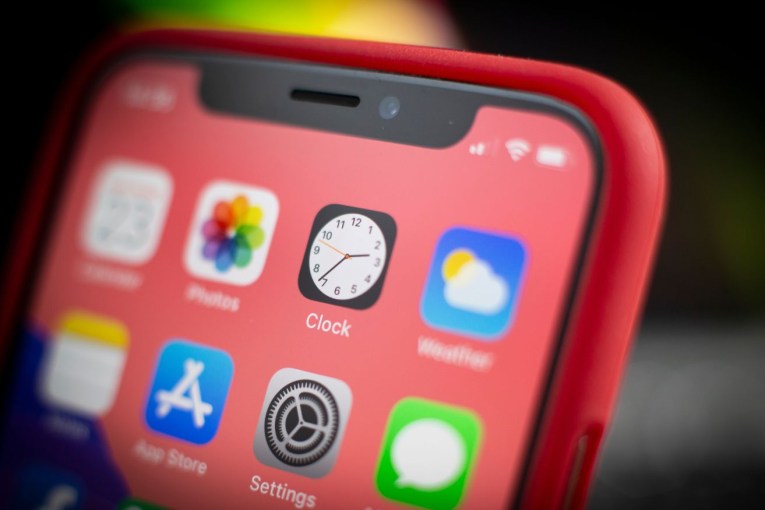Panic-buying knows no rationale or logic. We’re human, we’ll do it anyway

Despite all the evidence presented to us, logic is no match for our fundamental human instincts. That’s why we’re seeing a second round of panic-buying start to creep across the country.
Woolworths and Coles on Wednesday swiftly re-introduced purchase limits on certain items as Victoria geared up for its second lockdown.
Even as Victorian Premier Daniel Andrews announced his state’s shutdown on Tuesday afternoon, shoppers were already flocking to aisles to load up on non-perishables.
“Every one had a trolley, and each trolley was full of the same stuff: canned beans, pasta, flour and toilet paper,” one shopper told The New Daily, who visited their neighbourhood Coles just an hour after the lockdown was announced.
While some of us might scowl or tsk as we pass these laden trolleys, consumer behaviour expert Jana Bowden said these shoppers were acting almost on pure instincts.
Hi there, Woolworths worker here.
I know the restrictions were announced this afternoon.
No you don’t have to rush immediately to the store like the world is about to end.
No please don’t buy 30 packs of pasta, or 20kg of mince.
Let’s think about other people please.
Thx k bye. pic.twitter.com/dwXWqcumKZ— Palette 🎨 (@palette_splat) July 7, 2020
Even though we have lived through a lockdown before, and survived, Associate Professor Bowden said there was still the voice in the back of our minds that says, “What if I miss out?”
So we grab two cans instead of one. A packet of toilet paper while we’re here.
And what’s interesting, Professor Bowden said, was the panic-buyers we might see in the second wave are not necessarily going to be the people who took part in the behaviour back in March.
“There were the panic-buyers who bought and hoarded,” Professor Bowden, of Macquarie University, explained.
https://twitter.com/luciemorrismarr/status/1280412147747401728
“But there was the second segment who didn’t panic buy and who missed out and who had to maybe travel hours (to get what they needed).
“That second segment might actually be panic-buying in this particular round.
“Because we draw from expectations and experiences and if you know what it was like to miss out the first time, and you understand the time spent, the emotion and the stress of missing out the first time, that might actually prime you to engage in panic-buying in the second round.”
Monkey see, monkey panic
Professor Bowden said the curious thing about this type of psychology, was the way its fear spread like a contagion.
Speaking from New South Wales, Professor Bowden said even she felt the pang of, “What if I miss out?” as she watched news reports and saw social media threads of pillaged supermarket shelves in Melbourne.
“It’s a contagion of the emotion we’re carrying,” she explained.
“Even though we’ve done it before, we know what those expectations are. It creates this sense of anxiety and fear, ‘It’s coming, it’s going to happen here’.
“It’s just a baseline human emotion.”
Woolworths brought in 27 purchase limits on Wednesday for all its Victorian stores, and Coles instated 20 for stores within lockdown regions only.
Professor Bowden said the supermarkets had worked admirably together, with governments and with distributors to navigate the many potholes of the initial pandemic period.
Now, they’re able to communicate effectively with their customers, which she hopes will go a long way to assuaging some of the fear and anxiety that circulated supply chains the first time around.
“We have more than enough stock flowing from our distribution centres into stores to support all our customers’ food and grocery needs,” Woolworths said on Wednesday.
“We encourage our customers to continue shopping as they usually would.”
Coles took a similar line, but urged its shoppers to plan their trips so they could be “speedy shoppers”.










